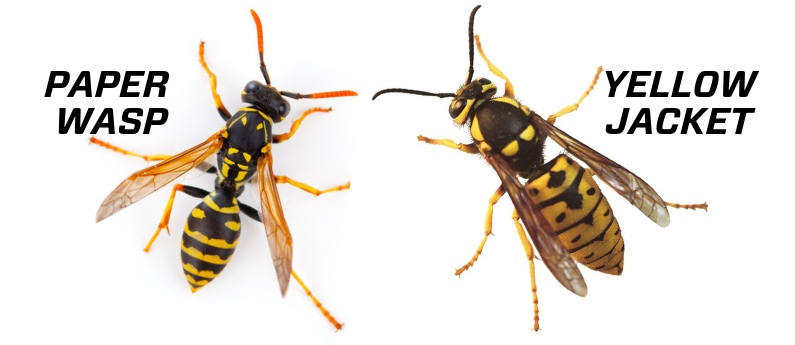Do not plug the exit hole.
Yellow jackets in wall sound.
By far the most common situation is yellow jackets nesting in a wall void.
Yellow jackets build their nests in cavities and crevices such as a wall void beneath eaves under porches and rodent burrows in the ground.
The one of greatest challenge in removing the yellow jackets from wall voids is finding the exact location of the nest.
Yellow jackets nesting in the wall of a home are much trickier to control.
Bees and yellow jackets appear similar at first glance but yellow jackets are smaller than bees and have narrow mid sections where bees do not.
Yellow jackets in the wall duration.
They will find an alternative exit and 50 of the time they wind up inside your home.
No the sound has not been altered.
If you aren t sure where the nest is look for a shiny area of the wall.
Each insect stings multiple times and injects venom into its victim.
The first is a yellow jacket nest which we will cover in this article the second is carpenter ants which will be covered in our next article in this series.
2nd floor interior wall it really sounds like my siamese when she s falling asleep a loud rhythmic purr almost a motor like whirr.
You may also be able to hear the yellow jackets moving inside the walls.
The yellow jackets can actually use the drywall for nest material leaving only a layer of paint between their nest and your living space.
The challenges in removing yellow jackets from the wall voids.
Pest cemetery pro 153 778 views.
Yellow jackets are extremely aggressive insects that are drawn mainly to sugary liquids and meats.
Once you locate the nest whether it is overhead or from ground nesting hornets put on protective clothing such as pants a long sleeve shirt long socks and a hat and prepare for a spray and run.
As i listened closer and closer i discovered that the sound is coming from inside my bedroom wall.
The exterminator just left and this is what s happening in our walls.
In the spring queen yellow jackets that have over wintered seek out suitable nest sites.
The shelter of a wall void is often found through small holes in siding foundation elements or other construction deficiencies.

